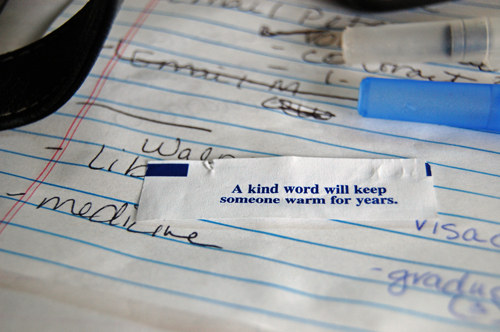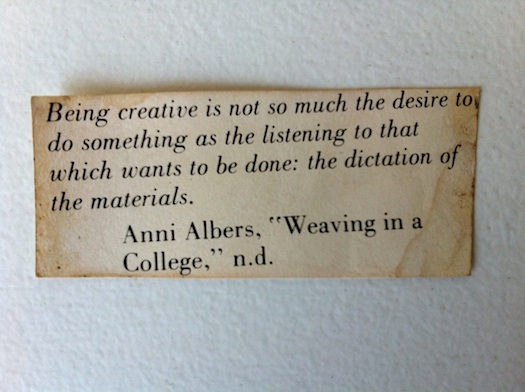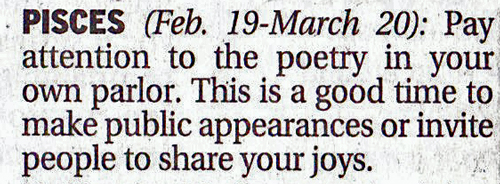Immediately a kind of cocoon began to form around my deepest self.
She gave up writing.
For an entire year, Marjorie Power — a prolific poet with hundreds of published poems and several books — didn't write. Why? How? Intrigued by this experiment, I asked Marjorie, who just this month concluded her year-long hiatus, to share her experience with us.
 Thank you, Drew, for asking me to be your guest blogger. I hope what I say will be of use to others.
Thank you, Drew, for asking me to be your guest blogger. I hope what I say will be of use to others.
For most of my adult life (I'm 63) I've been engaged in writing poetry, submitting it to editors, and seeing much of it published by small presses. I stopped during the second half of my twenties, when my son was little, and have taken occasional breaks since then -- breaks that lasted from a few weeks to a few months. I continued to identify with being a poet until the writing slump or too-busy-to-write period ended.
But in the spring of 2010 I began feeling a need to stop writing poems and allow myself not to know whether I'd resume. I chose to take a year to let my psyche empty out, to let life flow through me and beyond without trying to capture it in images. I planned to decide at the end of the year whether to write more poetry, choose a different path, or spend another year floating in limbo. This decision to take a year off came as a relief. Immediately a kind of cocoon began to form around my deepest self. During the following weeks and months, when voices from the outer world started to provoke confusion or a sense of failure, the cocoon would thicken. I read some poetry, but not much. My reading consisted mostly of magazines and works of fiction.
What preceded my decision was a sense of exhaustion and isolation. These feelings had two sources.
First, my husband and I have moved two times since his formal retirement in 2004, first to Yachats, Oregon (on the central Oregon Coast) and then inland (75 miles) to Corvallis. Apart from the physical aspect, the second move proved more challenging. This was a surprise, since we didn't go very far from Yachats. The challenge came in finding new friends and even potential friends, despite many interesting things to do. It became clear why retired people who move often choose communities designed specifically for retirement. We had not done that, either time, though Yachats does have a strong appeal to a certain kind of retiree.
And as a publishing poet, I felt way out on a limb. My publishing record consists of several hundred poems in journals and anthologies, plus seven collections that vary in length from 21 to 58 pages. I never became an academic nor did I transition gracefully to using the internet for promoting my work. (During this past year I did begin posting poems as "notes" on Facebook. I still don't have a website, though I may, in time.) I've never been a performance poet or a slam poet. I've been a featured reader in various venues and enjoyed that, as has the audience. And while there are lots of writers, including lots of poets, in Corvallis, I couldn't seem to find square one when it came to making connections that might lead to reading opportunities. In January I did give a reading up in Olympia, Washington, where I lived for twenty years.
Since beginning my year off, I've given the soul energy necessary for creating poems to another aspect of life. I have been deliberately building new friendships among neighbors and others, including myself, in my new community. Treating oneself as a friend is different than being narcissistic, or simply maintaining good self esteem. It's active, fun, and rewarding. I keep myself company by knitting, a lifelong hobby, and have completed many beautiful and useful projects. My yarn stash seems a manifestation of the cocoon I mentioned earlier. And I am a member of a delightful knitting group here in town.
Another deliberate, quiet pursuit has involved writing: I send out a handwritten letter or note at least once a week. I plan to continue indefinitely. Many such notes go to my young grandtwins in Michigan, since handwritten letters will be extremely uncommon in their future. I have continued submitting unpublished poetry to editors. I've got two full length poetry manuscripts which have received serious attention in contests/open readings, so I continue to enter those, even though one definition of insanity is to keep trying the same thing while expecting different results.
In early May, right after my year off ended, I attended the Northwest Poets Concord, a gathering of poets in Newport, Oregon. Sometime during the weekend I heard, "Poetry creates silences around things in a world clogged with verbiage." I had forgotten that. I went home and wrote a page long poem. I know others will follow. I will keep knitting in between.
I'd like to recommend two books, both of which I read this spring: Persist: In Praise of the Creative Spirit in a World Gone Mad with Commerce by Peter Clothier, and Beauty, The Invisible Embrace by John O'Donohue.
Marjorie Power lives with her husband, Max Power, in Corvallis, Oregon. She is a native of Connecticut and graduate of San Francisco State University. Her poems appear in journals and anthologies all over the U.S., and in seven small collections.





















